A Landmark Victory for Pakistan's Children
Editorial
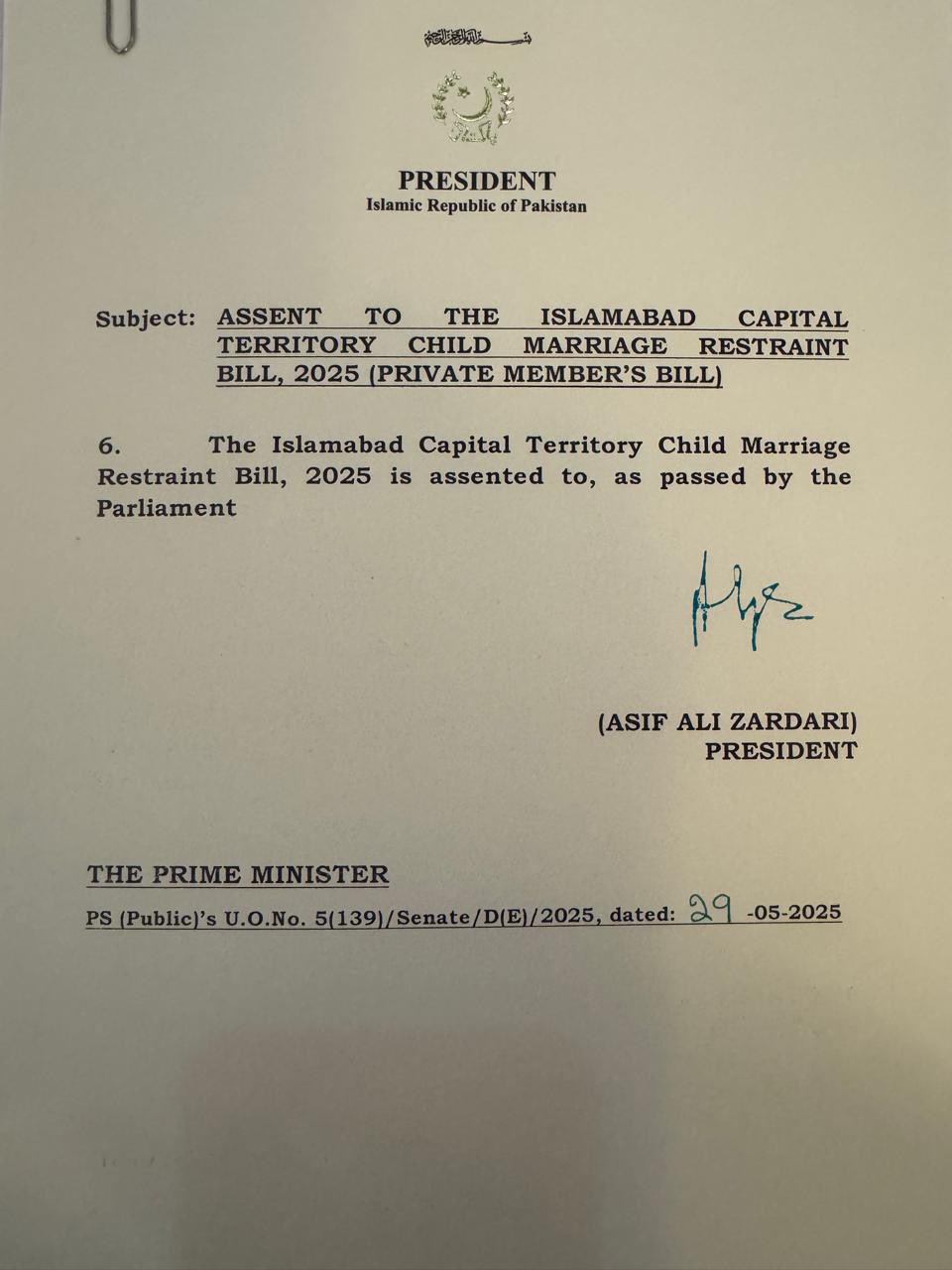
The recent signing of the Child Marriage Restraint Bill 2025 into law by President Asif Ali Zardari represents a watershed moment in Pakistan's ongoing struggle to protect its most vulnerable citizens. This legislation, which establishes 18 as the minimum age for marriage in the Islamabad Capital Territory, deserves recognition not merely as a legal reform, but as a fundamental shift toward justice and human dignity.
To understand the significance of this achievement, we must first confront the harsh realities that necessitated such legislation. When Senator Sherry Rehman courageously presented this bill to Parliament, her words painted a devastating picture of young lives cut short by tradition. Girls as young as 16 becoming mothers, many dying in childbirth, represents more than tragic statistics—it reveals a systematic failure to protect childhood itself.
Consider what these numbers actually mean in human terms. Each statistic represents a girl whose education was terminated prematurely, whose dreams were sacrificed to customs that prioritize early marriage over personal development. The rising maternal mortality rates among juvenile mothers that Senator Rehman highlighted serve as a stark reminder that this issue transcends social policy—it becomes a matter of life and death.
The persistence required to bring this legislation to fruition tells its own important story. The fact that similar legislation passed the Senate unanimously in 2013, only to languish in bureaucratic processes for over a decade, illustrates how good intentions can become trapped in systemic inertia. This delay cost lives and opportunities that can never be recovered.
The comprehensive nature of this new law demonstrates thoughtful consideration of practical enforcement challenges. By defining a child as anyone under 18 years of age, regardless of gender, the legislation eliminates the dangerous ambiguities that previously allowed harmful practices to continue under legal uncertainty.
The requirement for nikah registrars to verify ages through Computerised National Identity Cards creates a concrete mechanism for enforcement, moving beyond symbolic gestures toward practical protection. The substantial penalties—up to three years of rigorous imprisonment for men who marry underage girls and up to seven years for those who force children into marriage—signal the seriousness with which our legal system now views these violations.
This unified approach addresses a critical weakness in Pakistan's legal framework. For too long, inconsistent age definitions across different areas of law created confusion and loopholes that undermined child protection efforts. By establishing 18 as the universal age of legal adulthood for marriage purposes, we align our domestic laws with international standards and modern understanding of child development.
The connection between child marriage prevention and educational advancement creates a virtuous cycle of development that extends far beyond individual families. When girls remain in school longer, completing their education before taking on family responsibilities, they become catalysts for broader social transformation.
Education transforms not only the individual but entire communities. Educated women bring enhanced decision-making skills to their families, improved health outcomes for their children, and greater awareness of rights and opportunities. These benefits multiply across generations, creating sustainable development that no amount of traditional economic planning can replicate.
The economic implications deserve particular attention. Women who complete their education before marriage contribute significantly to economic growth through workforce participation, entrepreneurship, and their crucial role in developing the next generation. When we protect girls from early marriage, we make one of the most effective investments possible in our nation's economic future.
Pakistan faces significant demographic challenges that this legislation helps address in a humane and effective manner. When girls marry as children, they typically begin bearing children before their bodies and minds are prepared for such responsibilities. This pattern contributes to rapid population growth that strains resources and limits opportunities for sustainable development.
By preventing child marriage, we can begin addressing population concerns while simultaneously protecting individual rights—an approach that serves both humanitarian and practical purposes. This represents a far more ethical and effective strategy than coercive population control measures that have failed elsewhere.
Some voices have questioned Parliament's authority to enact such legislation, raising important questions about the balance of powers in our democratic system. However, the principle of parliamentary supremacy remains fundamental to representative government. Parliament, through elected representatives, embodies the will of the people and possesses ultimate legislative authority.
The Islamic Council's constitutional role is advisory in nature—to provide guidance and counsel to Parliament, not to override the legislative process. This distinction between advisory and legislative functions is crucial for maintaining the balance of powers that keeps our democracy functional. When any institution, regardless of its importance, attempts to usurp Parliament's legislative authority, it undermines the foundation of representative government.
Pakistan's forward movement on child marriage prevention positions our nation as a leader in human rights advancement at a time when many countries are retreating from such commitments. The Guardian's observation that Pakistan is sending an "important signal of hope in a gloomy world of pushbacks on women's rights" demonstrates how progressive legislation can enhance our international standing.
However, we must acknowledge the uneven progress across our provinces. While Sindh has led by example under Pakistan People's Party governance, Punjab and Khyber Pakhtunkhwa have yet to enact similar protections. This geographic disparity in legal protections for children represents an unacceptable situation that demands immediate attention.
Legislation alone cannot solve the complex social problems that contribute to child marriage. Poverty, lack of educational access, traditional practices, and limited economic opportunities for women all play roles in perpetuating harmful customs. However, strong legal frameworks provide the essential foundation upon which broader social change can build.
The true test of this legislation will come through implementation and enforcement. Having good laws means nothing if they lack proper enforcement or if communities lack awareness and resources for compliance. This requires sustained advocacy, public education, and continued political commitment across all levels of government.
The courage demonstrated by Senator Sherry Rehman, MNA Sehar Kamran, MNA Sharmila Faruqui and others who championed this legislation, provides a template for addressing other challenging reforms our country needs. Their willingness to confront resistance from radical elements and work across party lines demonstrates that principled leadership can overcome seemingly insurmountable obstacles.
This achievement should inspire other legislators to tackle difficult but necessary reforms. When we demonstrate that persistent advocacy and cross-party cooperation can produce meaningful change, we create momentum for addressing other challenges facing our society.
The Child Marriage Restraint Act of 2025 represents more than legal reform—it embodies our nation's commitment to protecting childhood, promoting education, and advancing human dignity. This legislation moves Pakistan significantly closer to fulfilling our obligation to ensure all children have the opportunity to reach their full potential.
The children of Pakistan, both boys and girls, deserve our protection, our investment in their futures, and our commitment to their well-being. This landmark legislation represents a crucial step toward fulfilling that sacred responsibility. Now we must ensure its effective implementation and work toward similar protections across all provinces, creating a Pakistan where every child can grow up safe, educated, and empowered to contribute to our nation's bright future.
Comments
Most Read
U.S. Ambassador Expresses Interest in Visiting Koh Samui — Ranked 7th Best Island in the World by Travel + Leisure
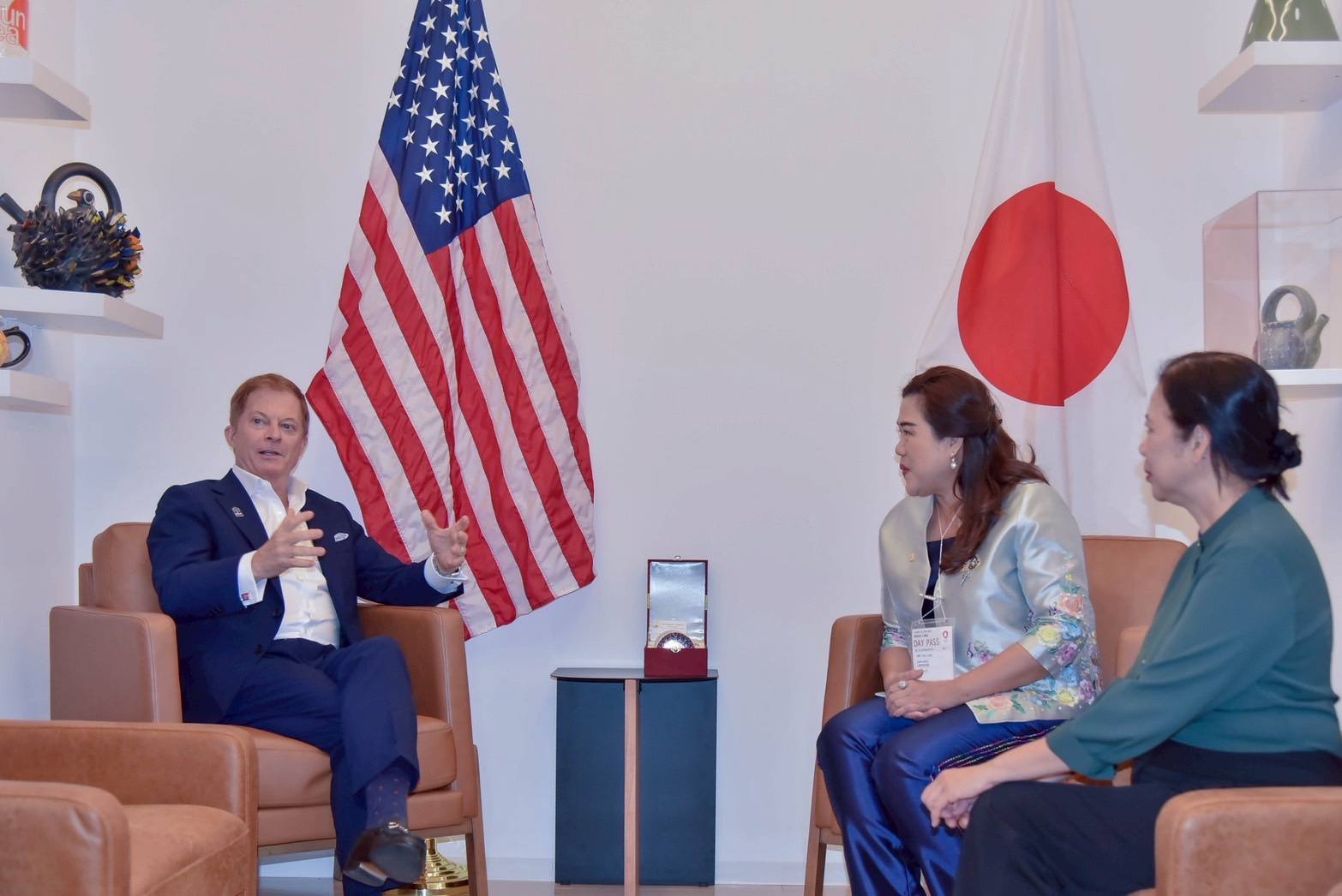
President Zardari Pays Homage to Martyred Army Officers in Bannu and South Waziristan
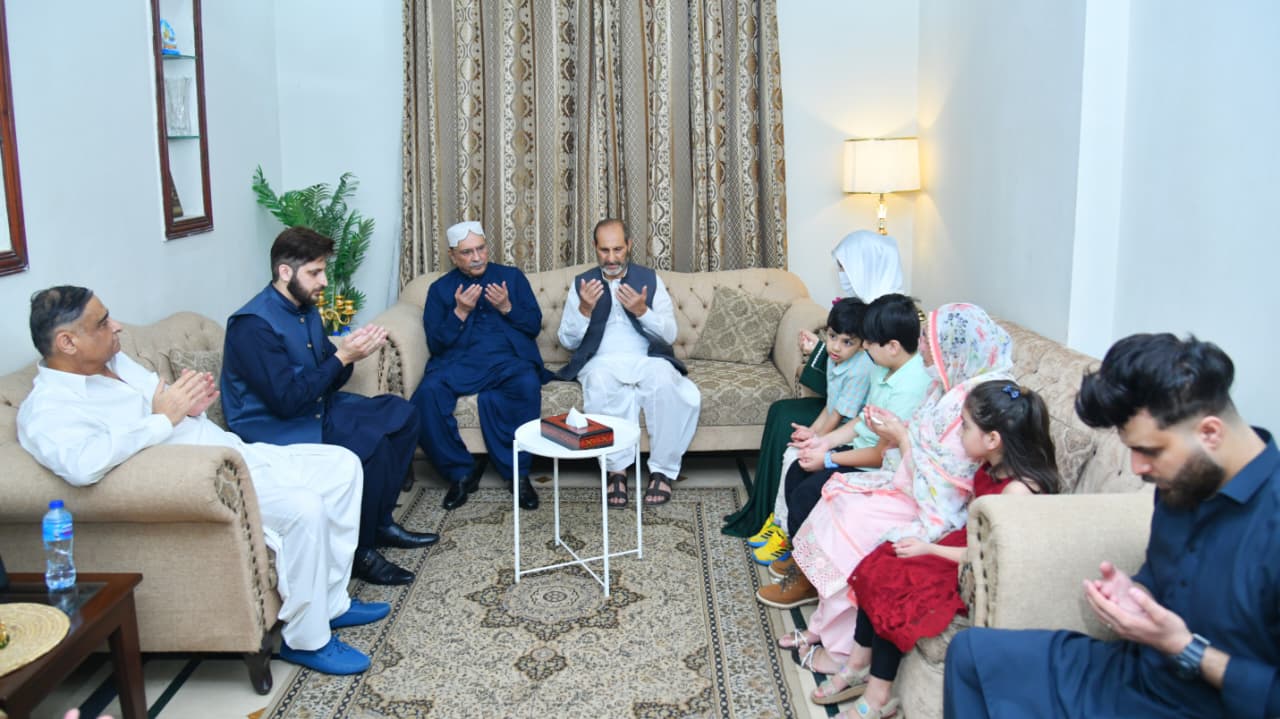
Pakistan Embassy in Thailand to Hold Khuli / E-Kachehri for Community
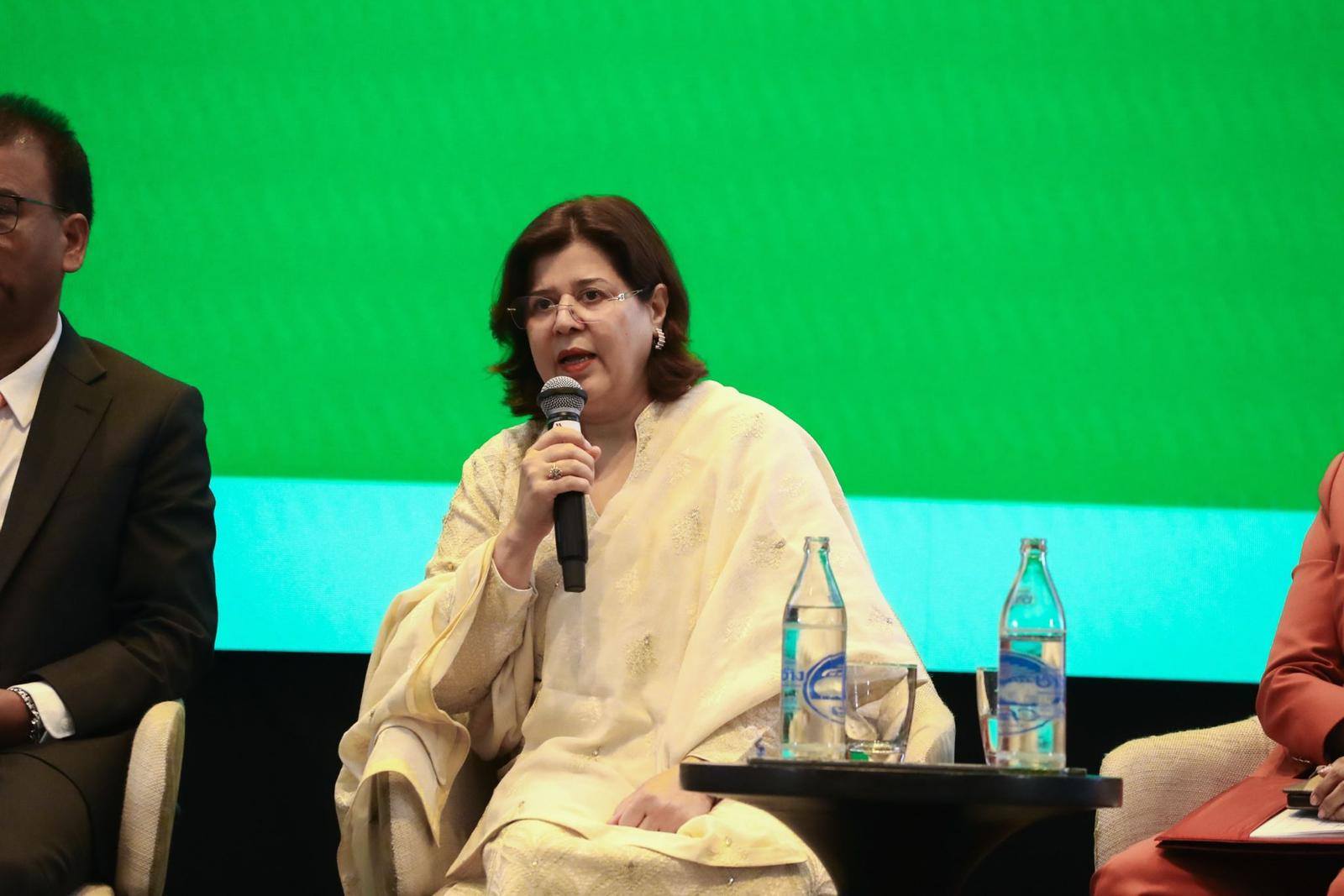
PPP Demands Agriculture Emergency and Immediate Relief for Flood Victims
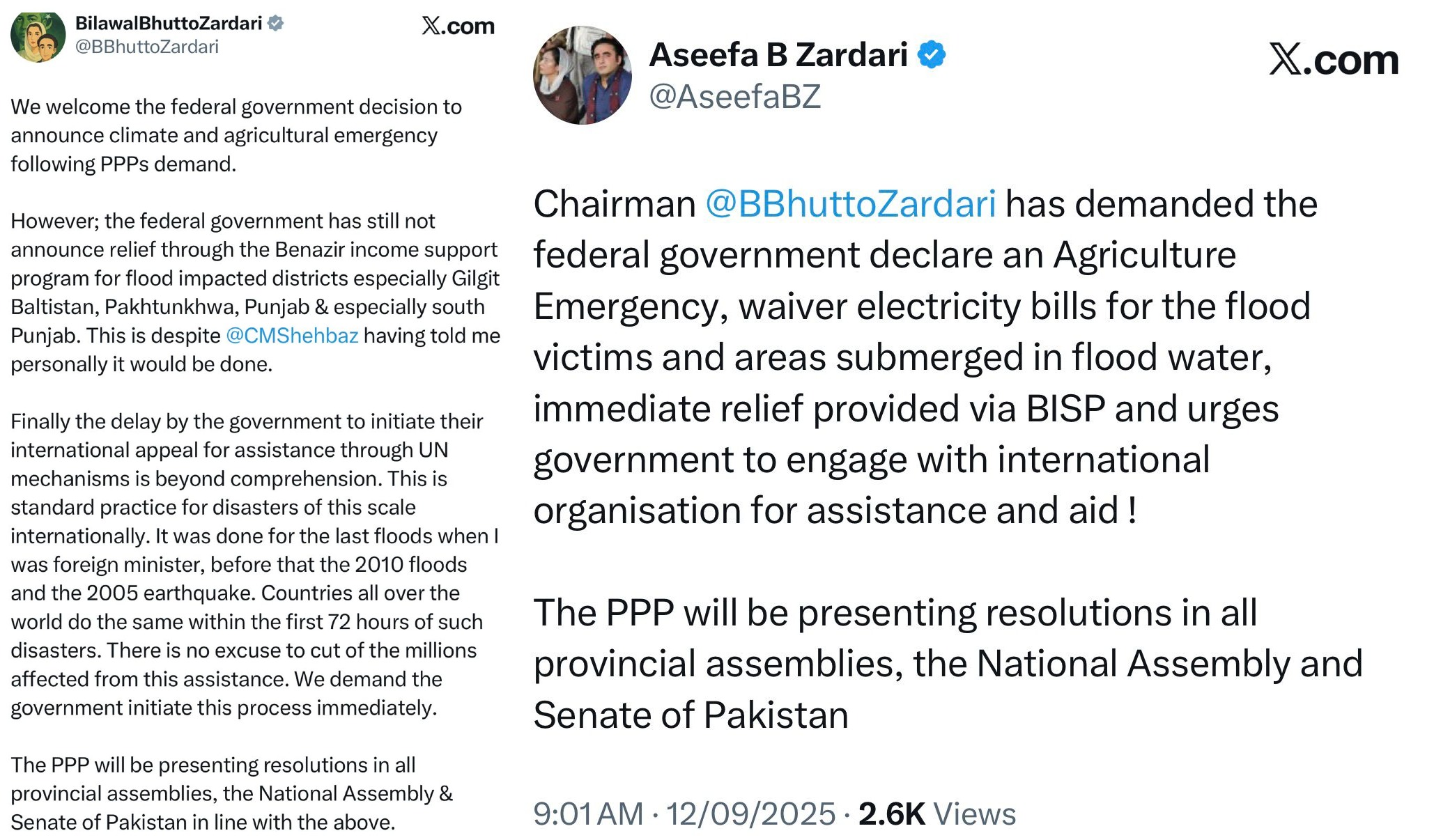
Important Seminar Held on 23rd Death Anniversary of Father of Socialism Sheikh Rashid
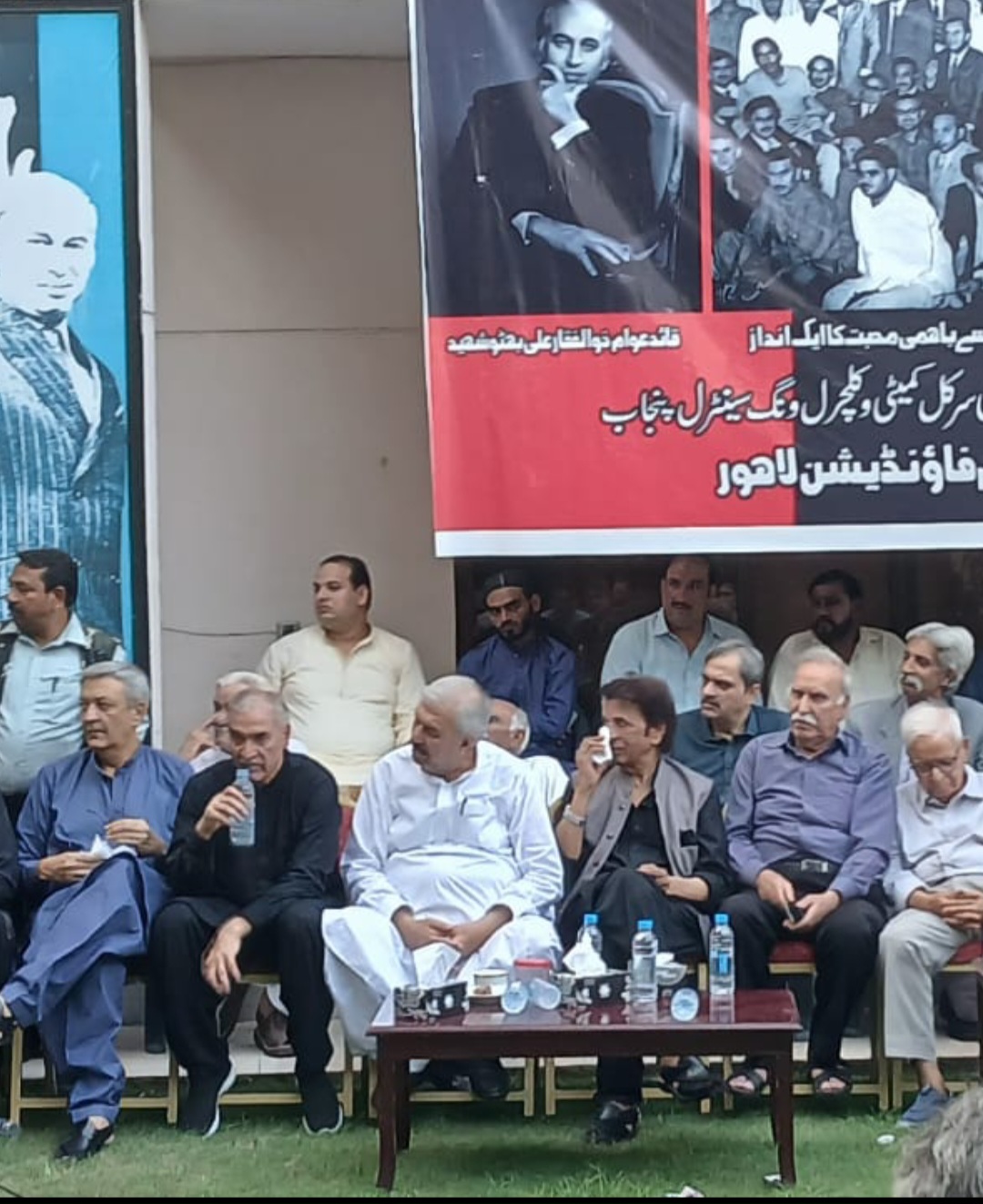
President Zardari Commends Security Forces on Elimination of Indian Proxy Terrorists

PPP Demands Government Utilize BISP Data for Flood Victim Relief Distribution
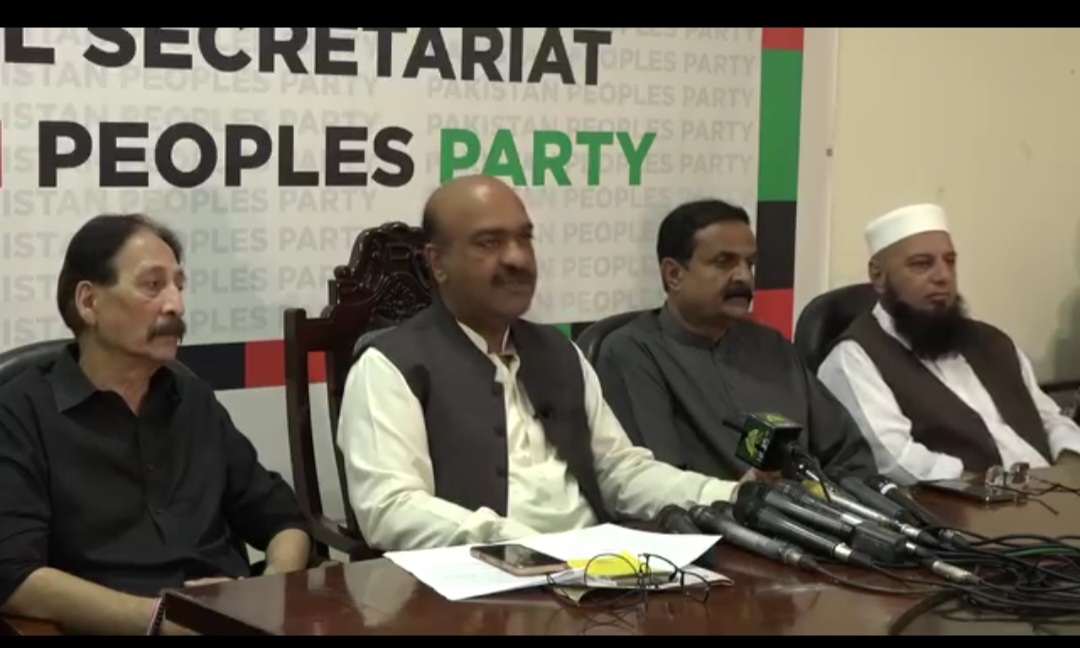

No comments yet.